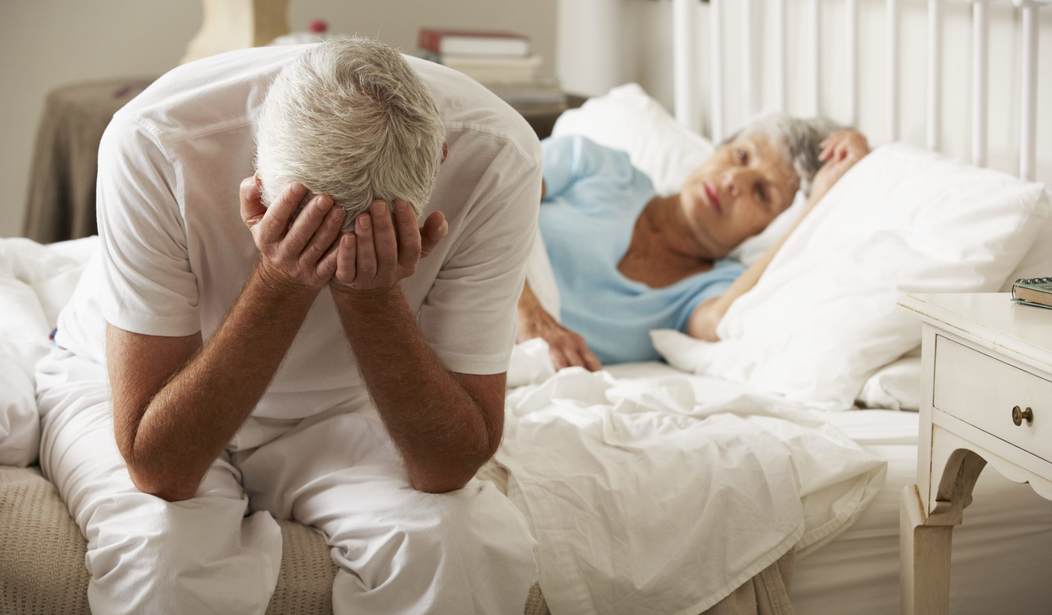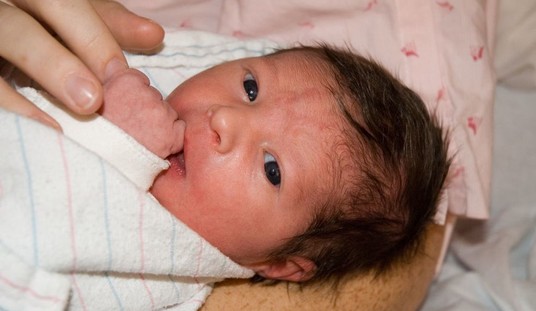Much human activity turns out to have been useless, and that includes medical research. A seemingly good example of this is a recent paper in the New England Journal of Medicine, reporting on an immense expenditure of money and labor on a trial of testosterone supplementation for older men in an attempt to revitalize them. A negative result, however, is important, for it can limit therapeutic overenthusiasm.
Levels of the male hormone fall with age, and this fall has been thought to account for falling levels of sexual desire and physical vitality in general. (The authors do not mention that it has also been thought to account for declining aggressiveness, which in turn accounts for the fact that crime is a young man’s game.) It has long seemed to stand to reason that raising the testosterone levels in older men might restore their energy. In the 1920s, a Franco-Russian surgeon called Serge Voronoff (who published a book titled From Cretin to Genius, a title to give us all hope) implanted monkey testicles into old men, an experiment now thought ridiculous, though at the time it was taken, and was meant, seriously. Now, of course, we have better methods.
The reported trial was conducted in 12 institutions. The authors screened 51,085 men over 65 years old for low testosterone levels and poor self-reported sexual function and general vitality, excluding those in whom testosterone might pose a medical risk. There were so many exclusions that of the 51,085 men screened, only 790 met the criteria inclusion, and of those only 705 completed the trial. As the journal’s editorial that accompanied the paper pointed out, this in itself severely limited the applicability of its results: indeed, rendered them almost nugatory.
The men were divided into two groups, those who applied testosterone gel to themselves daily for 12 months and those who applied placebo gel. The testosterone gel raised their blood testosterone levels to the average of men half their age.
The results were rather disappointing. It is true that the libido and erectile function of the men on testosterone increased somewhat (enough to make it statistically significant), but the effect tended to wear off with time. As to vitality in general, it had little effect. The main criterion of increased vitality was itself enough to bring a smile to those with a sense of humor (the Journal is not famed for its jokes): namely, an ability to walk 50 meters further on a six-minute walk test. Even by this less than onerous criterion, those on testosterone did scarcely better than those on placebo. In the event, one of the best things that could be said for the testosterone supplement was that it was not associated with any harmful side-effects; but the treatment and follow-up was for only twelve months, so it was not long enough to conclude with certainty that the treatment was safe.
Seldom has so mountainous a trial given birth to so murine a result. The authors are not to be blamed for this, however: the whole purpose of research is to discover what was previously unknown and whether something will work cannot be known in advance.
The paper did give a depressing picture of the physical state of older white American males (90 percent of the participants were white). Nearly two thirds were obese, a third were diabetic, a fifth suffered from sleep apnea, and high blood pressure was almost normal. It was possible, of course, that one or more of these conditions was in itself responsible for the low levels of testosterone that were a criterion of inclusion in the study, and therefore that the sample was not representative of the population as a whole. If this were so, the American diet is a cause of poor sexual function.









Join the conversation as a VIP Member